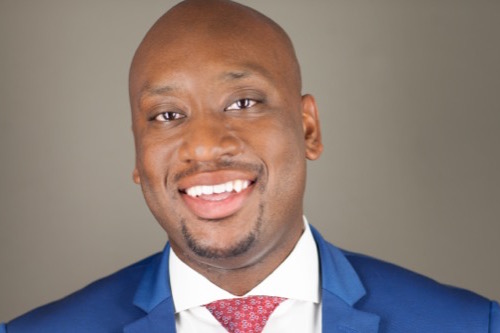When you think of luxury brands, one of the first things that probably comes to mind is the cost. Luxury brands are expensive: a pair of Cartier sunglasses will cost you close to a thousand dollars (and that’s one of the cheaper options). The extra cost, though, is worth it: the more money you spend, the better the product is, right?
Not necessarily. Take COACH handbags, for example: they’re a luxury brand, but when it all comes down to it, a COACH bag uses the same materials as a lesser-known brand that sells for a fraction of the cost.
In most cases, the only difference between luxury brands and ones you haven’t heard of is the way they’re marketed, or how they’re presented to the buying public. And celebrities play a big role in that presentation. Let’s look at how celebrities help turn products from unknown brands into the must-have items of the moment.
So why are people willing to pay higher prices when they can get the same product for cheaper? Because in most cases, it’s not about the product itself: it’s about pride. A psychological study found that people tend to buy higher-end products out of a sense of accomplishment or “authentic pride” — for example, someone saying “I got a raise, so I’ll treat myself.”
Once you own a luxury item, you feel a little bit better about yourself every time you use it. In fact, that same study found that most people actually don’t like showing off their luxury items to others — they just like the feeling they get from having them. That’s why somebody would wear an Armani dress shirt with their suit, even though it looks the same as a shirt they got from Macy’s. It’s not about showing off, it’s about feeling good about yourself.
Consumers also tend to think that higher costs mean higher quality. In fact, even if the luxury item is the exact same quality as the cheaper one, consumers are much more forgiving if that luxury item doesn’t work the way they thought it would.
For example, if someone buys a Honda Fit and the engine starts knocking, they’ll probably think to themselves “That’s what I get for buying a cheap car: inferior materials.” But let’s say the exact same thing happens, only this time the car is a Maserati. Suddenly, it’s not “cheap materials,” it’s “Normal wear and tear — what can you do?” Why? Because we associate cost with quality.
And this is where celebrities come in.
A celebrity’s endorsement of a product or brand sends a few different messages. The first message it sends is that this brand is better than its competitors. After all, why else would someone of that celebrity’s stature be endorsing it?
Another message it sends is that by buying this brand, you (the consumer) can be like them. Consumers tend to feel a connection with celebrities: we learn so much about them that we feel as if we know them personally. So when a celebrity makes a recommendation, we treat it almost the same way as we would if a friend or family member made it.
The third big message a celebrity endorsement sends is that that brand is for people of a certain stature, not just anybody. And if consumers want to reach that higher stature, they need to buy the same products. Luxury brands offer consumers the chance to stand out from everybody else, and that’s important — consumers like to feel like they’re one-of-a-kind.
If you’re a brand owner, a celebrity endorsement can do the same for your brand. The key is to find a celebrity (or celebrities) that project the kind of image you want to be associated with your products.
Take George Clooney and Omega watches, for example. Clooney has an iconic, timeless style, the kind that fits in just as well now as it would have in the 1940s. Omega wants consumers to think of their watches the way they do George Clooney: no matter the time or place, an Omega watch is always going to look good.
While it’s true that people associate cost with quality, they also need to feel confident that they’re not spending too much for a product that won’t necessarily give them the social status they desire. The key to using celebrities to help tell your brand’s story is in finding the right celebrity. You want to get people to feel about your brand the same way they do about the celebrity representing it. You probably think of Charlize Theron as beautiful, graceful, and elegant, which is how Dior wants you to think of its products. That’s why Theron is the face of Dior.
This isn’t limited to just luxury products, either — the best celebrity fit depends on your brand and the message you’re trying to send. Mike Rowe of “Dirty Jobs” wasn’t a household name when Ford made him the face of their campaign for the F-150 which was what made him a perfect fit. Rowe’s straightforward persona spoke to Ford’s target audience: the kind of consumer who just wants a solid, dependable truck without the flash and the gimmicks.
The celebrity you choose is up to you, but finding a good fit means figuring out how you want people to think of your brand and who the right celebrity is to help you communicate that message. That’s why celebrities are so valuable to brands: their endorsement says more about the quality of your products and your brand than you ever could on your own.








